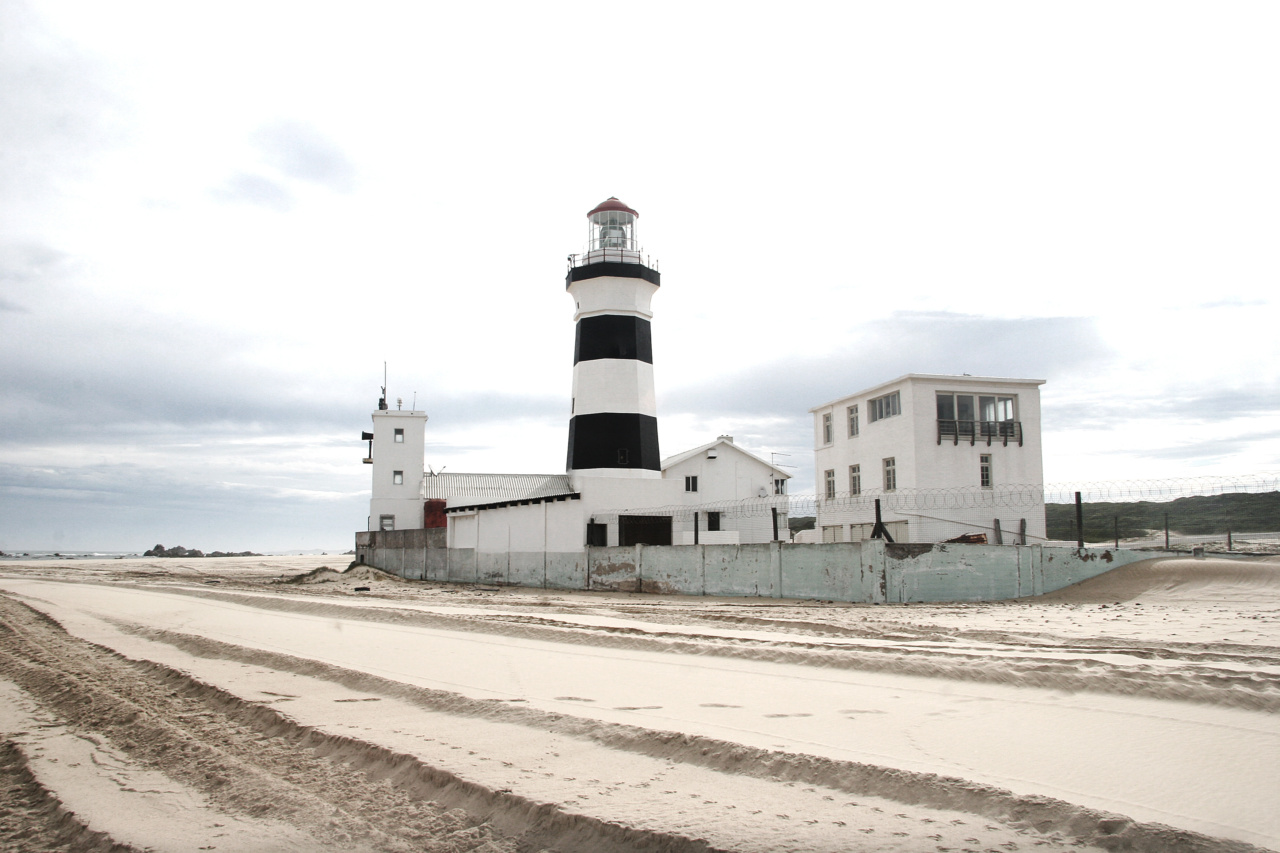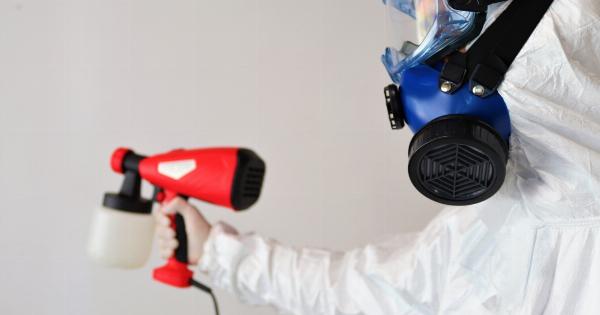Introduction
Going to the beach is a favorite pastime for many families, but it’s important to prioritize safety, especially when you have little ones in tow.
The beach may seem like a fun and carefree environment, but there are potential hazards that parents need to be aware of. In this beach safety guide, we will discuss what parents should watch out for and provide essential tips to keep your family safe during your beach outings.
1. Sun Protection
One of the most crucial aspects of beach safety is protecting your family from the harmful rays of the sun. Ensure that you and your children are wearing suitable sunscreen with a high SPF rating, and remember to reapply it every two hours.
Additionally, provide shade, such as an umbrella or beach tent, for breaks from the sun’s direct rays.
2. Water Safety
Water activities are common at the beach, but they come with their own set of risks. Always keep a close eye on your children while they are playing in or near the water.
Young children should always wear approved flotation devices when swimming, and it is recommended that parents are within arm’s reach of their little ones in the water.
3. Rip Currents
Rip currents are strong, narrow currents that flow out to sea and can be extremely dangerous. Teach your children about rip currents and how to identify them.
If caught in a rip current, stay calm and swim parallel to the shore until you are free from the current’s pull. It’s essential to remain cautious and avoid swimming in areas with known rip currents.
4. Jellyfish and Sea Creatures
Some beach areas are home to jellyfish and other sea creatures that can potentially sting or harm your children. Teach your kids to avoid touching any unfamiliar creatures they may encounter.
If stung by a jellyfish, rinse the affected area with saltwater, remove any visible tentacles, and consult a lifeguard or medical professional.
5. Supervision and Distractions
It’s easy to get distracted and lose sight of your children at a bustling beach. Ensure that you always have a designated adult actively supervising the kids, especially if they are in or near the water.
Avoid distractions like using your phone excessively or engaging in activities that take your attention away from your children’s safety.
6. Sand Safety
While sand is generally harmless, there are a few safety measures to keep in mind. Encourage your children to wear sandals or water shoes to protect their feet from sharp shells, rocks, or hot sand.
Additionally, discourage your little ones from eating sand, as it can contain harmful bacteria or other particles.
7. Hydration
Spending time under the sun can lead to dehydration, especially when combined with physical activities. Pack plenty of water for your family and encourage everyone to drink regularly, even if they don’t feel thirsty.
Avoid sugary drinks and alcohol, as they can increase dehydration.
8. Beach Equipment
Beach equipment, such as chairs, umbrellas, and tents, can enhance your day at the beach but remember to set them up with caution. Secure umbrellas and tents properly to prevent them from blowing away and potentially injuring others.
Ensure that beach chairs are stable and safe for use.
9. First Aid Kit
Having a well-stocked first aid kit is crucial for any beach outing. Include essentials such as band-aids, antiseptic wipes, pain relievers, and any necessary medications.
Familiarize yourself with basic first aid procedures in case of minor accidents or injuries.
10. Local Guidelines
Beaches often have specific local guidelines or rules in place for visitors’ safety. Familiarize yourself with these guidelines before heading out to ensure that you and your family are in compliance.
Pay attention to warning signs, flags, or any announcements made by lifeguards.
Conclusion
By following this beach safety guide for parents, you can ensure that your family enjoys a fun and safe experience at the beach. Remember to prioritize sun protection, water safety, and constant supervision of your children.
Stay aware of potential hazards, follow local guidelines, and always be prepared with essential items like sunscreen and a first aid kit. With these precautions in mind, you can create unforgettable beach memories while keeping your family’s safety a top priority.




























